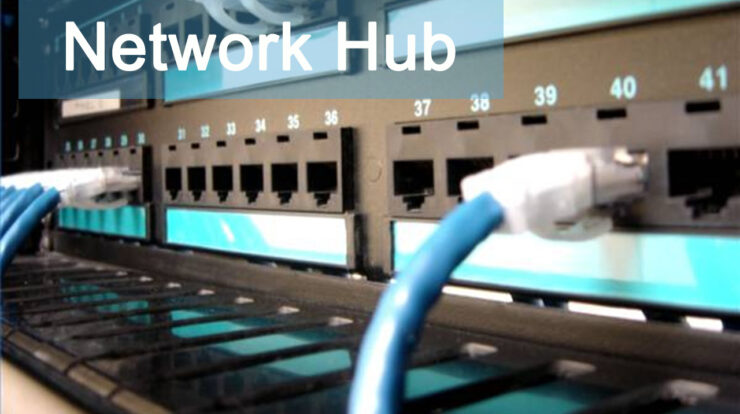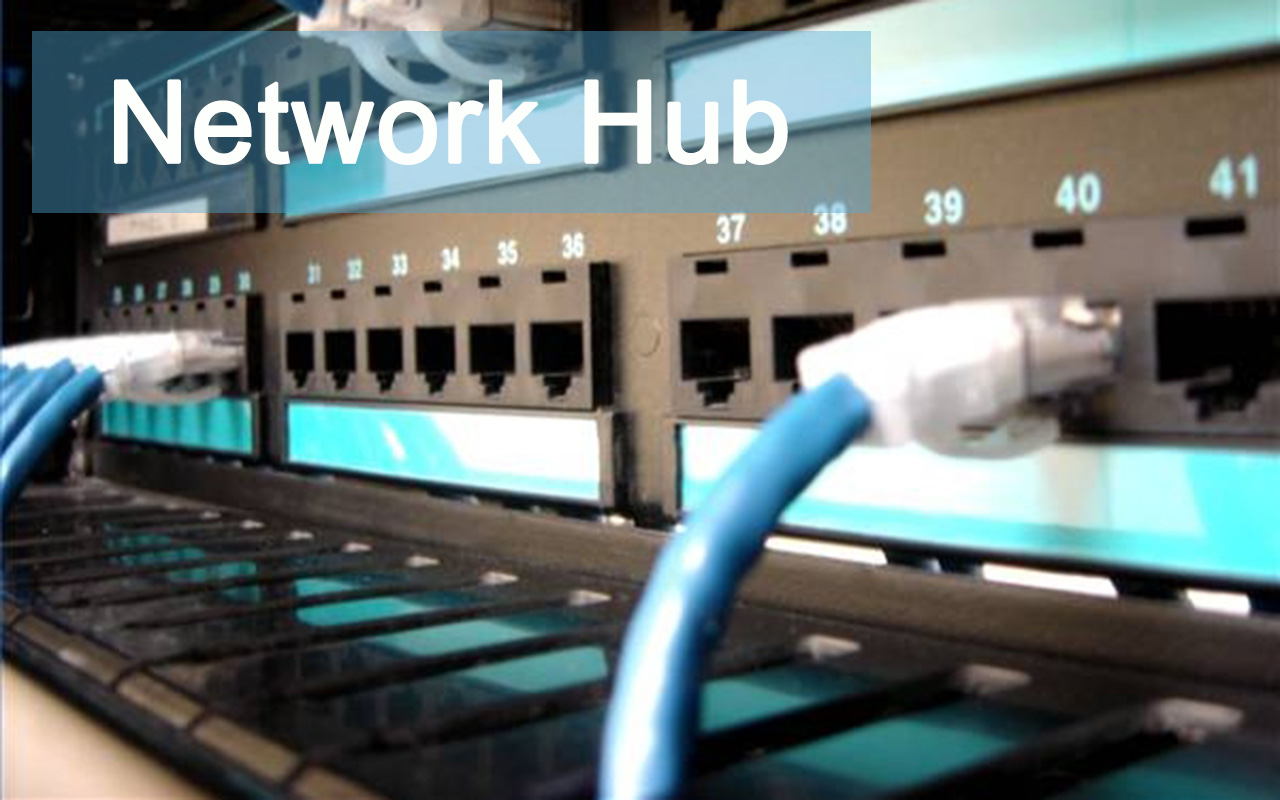
Delving into the realm of “hub def,” we embark on an enlightening journey to unravel the intricate world of connecting and distributing resources. From network hubs to transportation hubs, the concept of hubs permeates various domains, playing a pivotal role in facilitating communication and exchange.
Hubs, acting as central points of convergence, serve as conduits for the seamless flow of information, goods, and services. Their strategic positioning enables efficient distribution and access to resources, fostering collaboration and knowledge sharing.
Hubs

Hubs are central points of connection that facilitate the exchange and distribution of resources. They serve as vital nodes in various networks, enabling communication, collaboration, and the seamless flow of information and goods.
Definitions, Hub def
A hub can be defined as a physical or virtual entity that connects multiple devices, networks, or systems. It acts as a central point of access and exchange, allowing for the efficient and reliable transmission of data, resources, or goods.
Hubs can be categorized into different types based on their purpose and functionality. Some common types of hubs include:
- Network hubs: These hubs connect multiple computers or devices within a local area network (LAN), enabling them to share resources and communicate with each other.
- Transportation hubs: These hubs serve as central points for the transfer of passengers or goods between different modes of transportation, such as airports, train stations, or seaports.
Functions
Hubs play a crucial role in connecting and distributing resources within a network or system. Their primary functions include:
- Data transmission: Hubs facilitate the transmission of data between connected devices or systems, ensuring reliable and efficient communication.
- Resource sharing: Hubs enable the sharing of resources, such as files, applications, or hardware, among connected devices or users.
- Centralized access: Hubs provide a central point of access to shared resources, simplifying management and administration.
Last Word
In conclusion, hubs stand as indispensable tools for connecting and distributing resources across diverse contexts. Their ability to streamline communication, enhance collaboration, and promote knowledge sharing makes them invaluable assets in today’s interconnected world. By understanding the multifaceted nature of hubs and implementing them effectively, organizations and individuals can unlock a wealth of opportunities and drive innovation.
Quick FAQs: Hub Def
What is the primary function of a hub?
Hubs serve as central points for connecting and distributing resources, facilitating efficient communication and exchange.
How do hubs benefit organizations?
Hubs enhance collaboration, promote knowledge sharing, and improve efficiency and cost-effectiveness.
What are the key factors for successful hub implementation?
Connectivity, accessibility, scalability, and effective management and maintenance are crucial for successful hub implementation.
